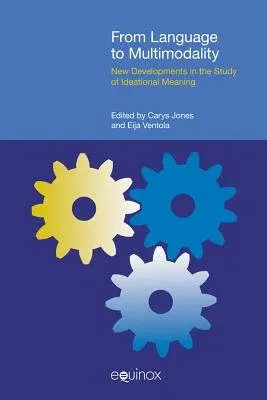This book shares the recent debates by systemic functional linguistics
and other linguistic forums. Its principal focus is on how we use
language to make meaning of the world, on how the systems and structures
of the ideational function of language represent the realisation of our
experiences of the world around us. The volume captures the endeavours
of scholars working in different contexts, disciplines and languages
around the world. Their contributions explore what underlies
experiential and logical meaning-making through specific analyses of
recently-created, contextually diverse, single texts or collections of
texts, from mono- to multimodal texts. The issues addressed are: layers
of meaning through the transitivity system; agency and subjectivity;
what kinds of participants and circumstances are associated with various
processes and how these vary across languages; new ways of researching
and capturing the interaction of the experiential function with the
other functions of language - interpersonal, textual and logical - in
communicative contexts; how multimodality and new ways of modelling
experience semiotically influence the work of linguists, linguistic
description and application. The book displays the dynamic dialogue on
theoretical and applied interests of scholars interested in functional
linguistics and working in a wide range of academic contexts. At
post-graduate level advanced students will benefit from new
perspectives, the innovative thinking and research accounts that make up
the collection. The papers highlight the flexibility of systemic
functional linguistic approach and exemplify how it can offer deeper and
further insights into potential ways of exploring meaning-making by
drawing on recent seminal developments in ideation.

